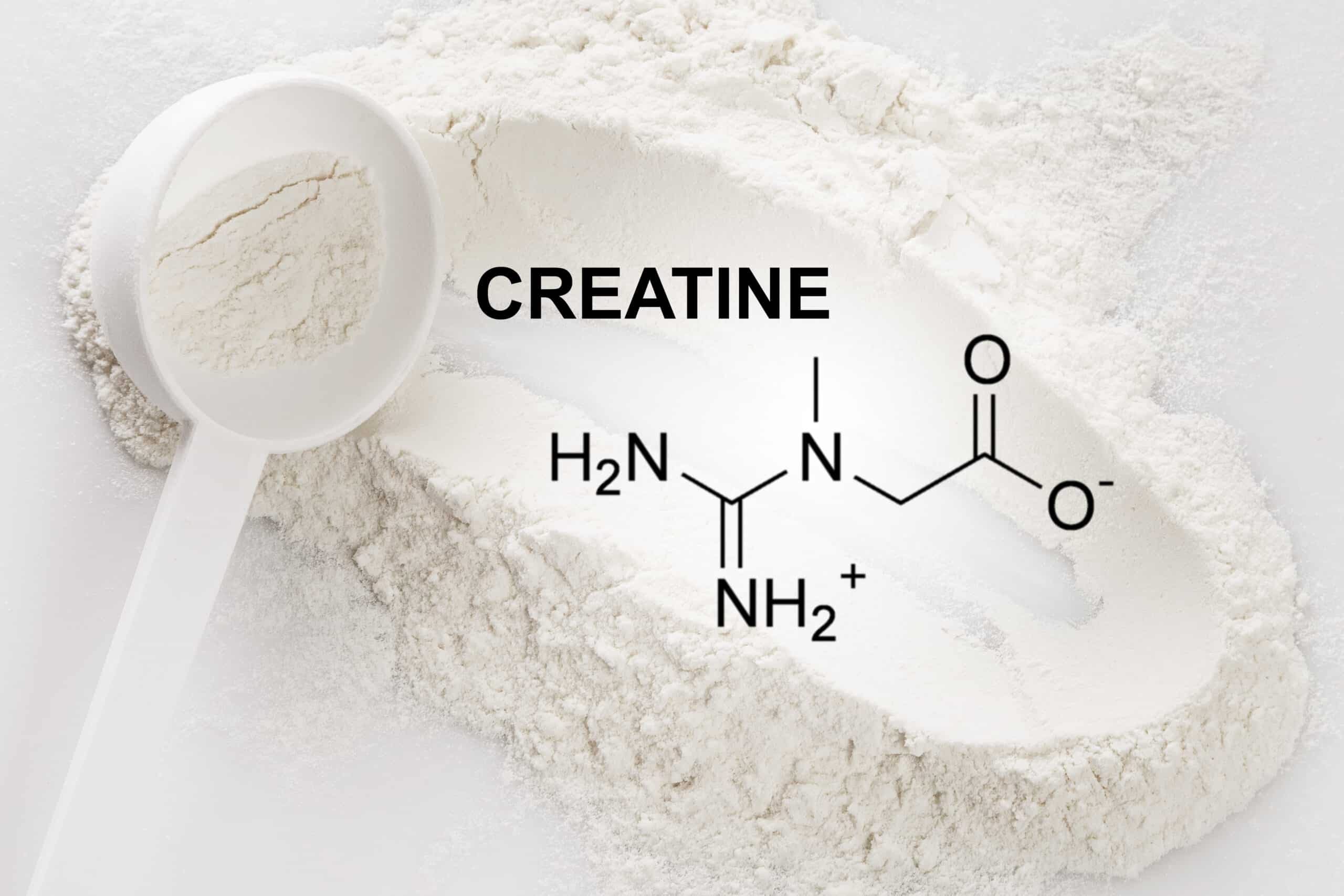People in cultures all over the world have been fasting for years. Almost every religion encourages fasting as part of its ritual practice, and the use of modified fasting, like a juice cleanse or a temporary raw diet, are part of many conventional diets. But what are the long-term effects of dieting on the average person? If you restrict your caloric intake, are your body and brain able to get the nutrients they need to flourish? And will you someday regret that week off of traditional foods?
Lucky for people all over the world, research has proven time and again that, for an otherwise healthy person who exercises regularly and generally eats a healthy diet, fasting has a positive overall effect. Not only is fasting proven to be a healthy practice, but it may even treat or lessen the effects of certain illnesses. Here are four ways that dieting can help heal your body and brain.
Fasting Reduces Epileptic Seizures
Whenever we change our diet, our bodies are obviously affected. But a less obvious change comes in our brains. When children with epilepsy are placed on a low protein, low carbohydrate diet, they have less frequent seizures. This “Ketogenic Diet” usually starts with a total fast and then progresses to a specific diet. Over half of the children placed on the Ketogenic Diet have 50% less seizures than children on a typical diet. About 10-15% of children even become completely seizure-free after dramatically reducing their caloric intake.
Delays Age-Restricted Chronic Diseases
Calorie restriction and fasting extend the lifespan and delay age-related chronic diseases in a variety of species, including rats, mice, fish, flies, worms, and even yeast. When we fast, our brains undergo neurochemical changes that improve cognitive function, improve our resistance to stress, and reduce inflammation. Inflammation is the cause of many diseases, including cancer, high blood pressure, asthma, tuberculosis, periodontitis, hepatitis, and more. So, effectively, dieting can help prevent inflammation-related diseases.
Increases Production of BDNF
Intermittent fasting stimulates the production of Brain Derived Neurotrophic Factor (BDNF) in the brain. Low levels of BDNF are linked to Alzheimer’s disease, accelerated aging, poor neural development, obesity, and depression. BDNF is one of the most important neurotrophins in the brain. Both intermittent fasting and extreme exercise have been shown to increase the amount of BDFN in the brain. This change doesn’t happen immediately, though. You’ll need to keep dieting on and off for a while to see results. Even a slight diet modification is enough to help increase BDFN levels. By decreasing your intake of sugars and saturated fats, you can significantly increase your BDFN levels, or at least stop sabotaging the natural production of the neurotrophin.
Repairs DNA
Research done at the University of Southern California and reported in Cell Stem Cell, found that periods of prolonged fasting help prevent immune functions damage and even regenerate cells in the immune system. Essentially, the research found that dieting kills off old, unhealthy white blood cells and stem cells and allows the body to generate brand new cells. When your body enters starvation mode, it does all it can to save energy. One way it saves energy is by recycling any unnecessary cells, including these damaged immune cells. Then, when we start to eat again, the body creates new stem cells that it turns into healthy, functional immune cells. The implications for this in the medical community are potentially huge.
The decision of whether or not to fast is certainly one that you and your doctor should make together. Depending on your current health, fasting may or may not be a good option. But if you are otherwise healthy (if you adhere to a healthy diet, exercise regularly, and have no chronic conditions), intermittent fasting can be a good way to take care of both your body and your brain. You’ll be able to jump start the production of healthy immune cells and stem cells and fight off illness. You’ll also be able to decrease your body’s inflammation, which leads to all kinds of health conditions and diseases.
Intermittent dieting has a positive effect on your body, brain, and overall well-being. It can increase your lifespan and improve your overall health. So the next time you’re thinking of reaching for that donut, go ahead and skip it. Your body and brain will both thank you. For more information about fasting and its effects on the brain please reach out to Peninsula Doctor.



